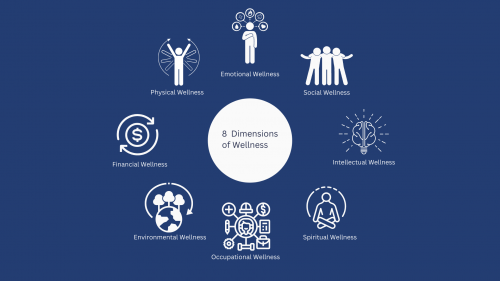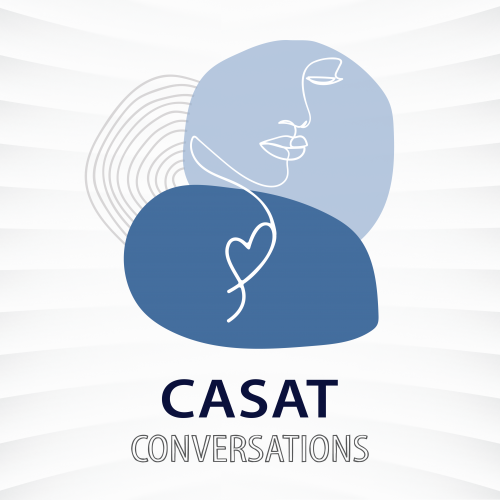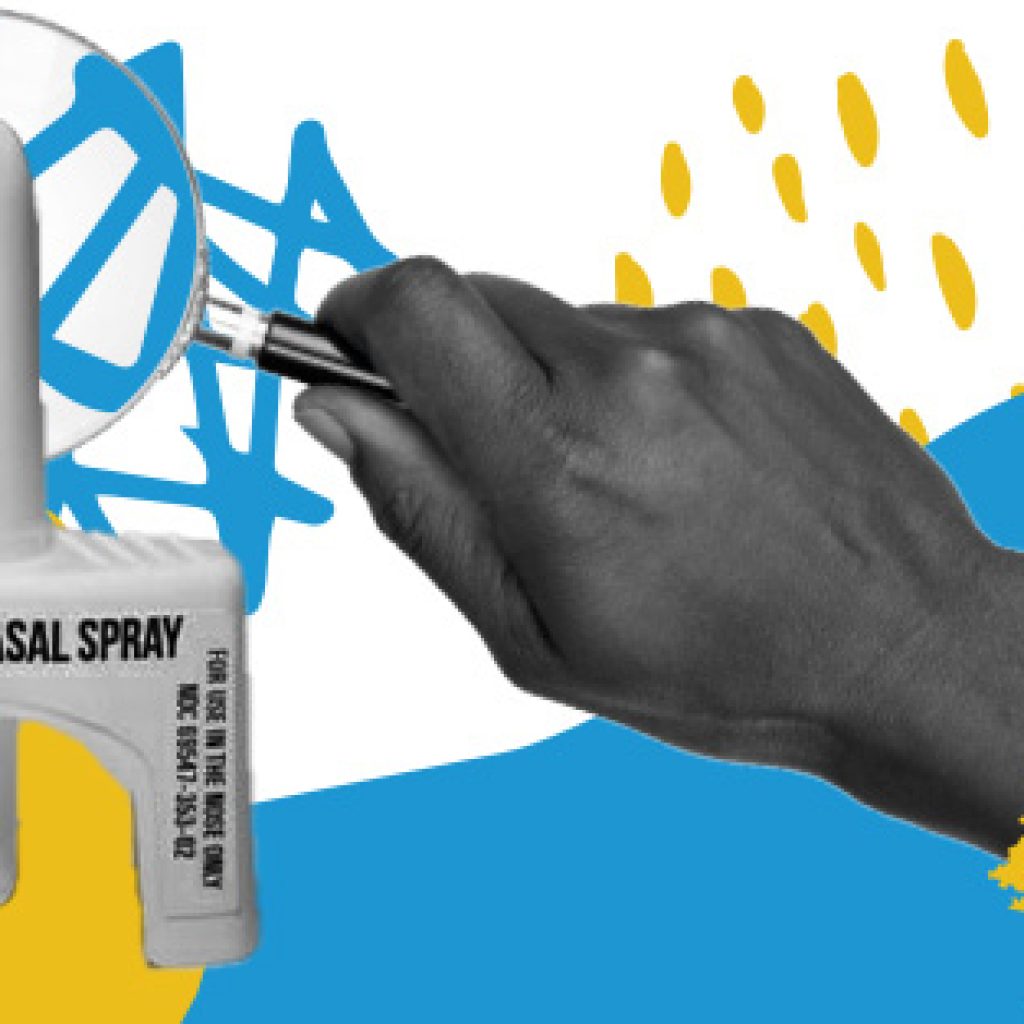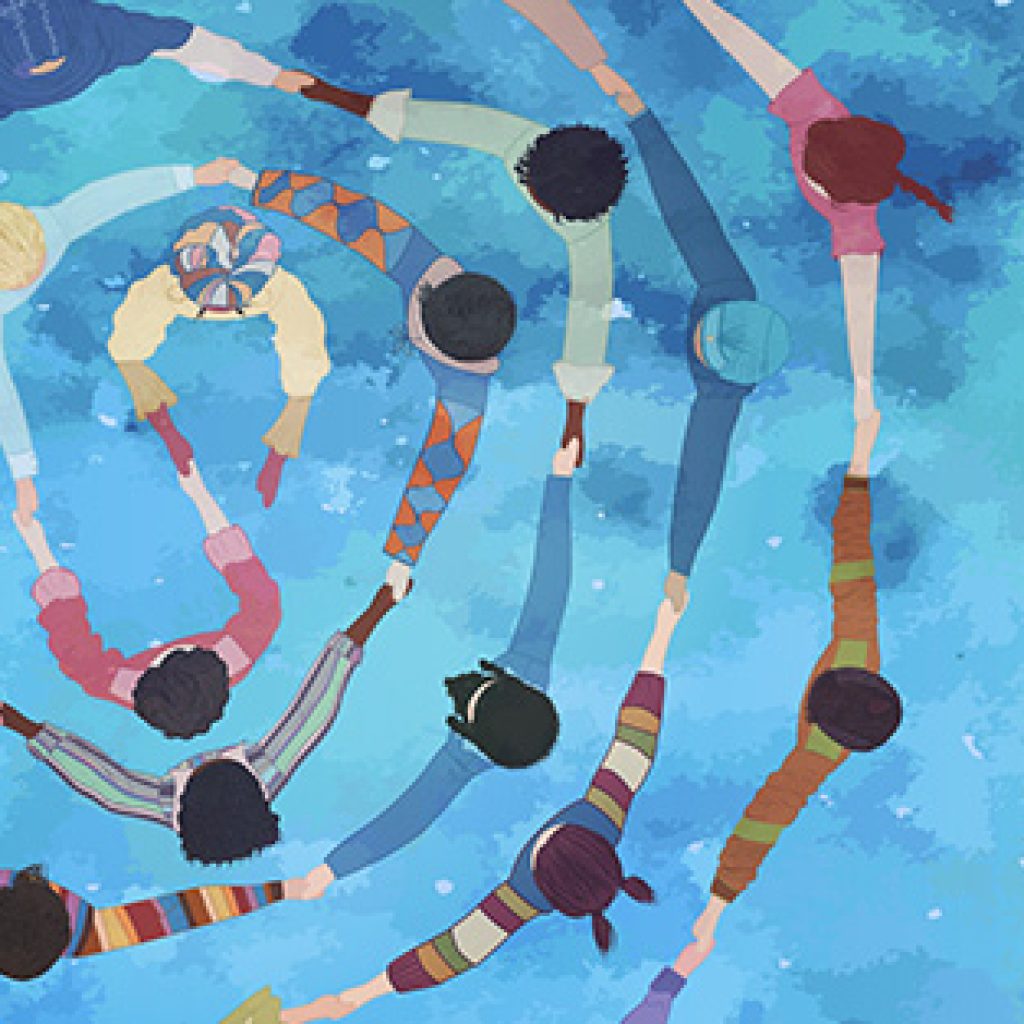Remembering to Care for Yourself:
“We cannot pour from an empty cup as counselors. This Counseling Awareness Month, our theme ‘Get Fit for Your Future’ reminds counselors to prioritize keeping our minds, hearts and bodies in the best condition possible. Let’s take time to plan for and build on our own wellness regimens, so we can better serve our clients and still have the energy to fully engage with our family, friends and activities that bring us joy.”
– ACA President Kim Frazier
April is Counseling Awareness Month. This month we celebrate the counseling profession, and all the people who share their hearts and mind in support of helping clients to heal. This month-long observance aims to raise awareness and promote mental health among people of all ages. It’s also a time to honor how counselors influence society and celebrate the ways in which the stigma around mental health is slowly breaking down.
Over the last decade we are seeing more and more people seeking mental health services, and increased discussions about ways to support mental and emotional health. In 2021 alone, 41.7 million adults in the United States received treatment or counseling for their mental health. This included inpatient and outpatient counseling.
This year’s theme is, Get Fit for Your Future. It is a call to action for all counselors to support their own wellness. These past few years have been challenging in the shear demand of services, and now is the time to remember to care for your health and well-being.

Outlined below are 8-dimensions of wellness, and brief self-reflection questions for you to assess your own wellness.
Physical Wellness
- Proper breathing
- Physical activity (cardiovascular endurance, muscular strength, muscular endurance, flexibility)
- Quality and quantity of sleep
- Nutrient rich diet
- Actively supporting the nervous system on a daily basis
- Appropriate hydration
- Alcohol in moderation or not at all
- Refraining from nicotine/drug use
- Caring for your sexual health
Check in with your physical wellness
- What daily habits are supporting your physical wellness?
- What daily habits are weakening your physical wellness?
- Are you getting enough daily movement?
- How are you fueling your body?
- How would you describe your quality and quantity of sleep?
- Are you making alcohol, nicotine, other drugs choices that align with your values?
Mental Wellness
- Emotional intelligence (self-awareness, self-management, social awareness, relationship management)
- Capacity to trust, love, and have intimate relationships
- Self-confidence
- Resilience
- Ability to manage and reduce stress
- Self-compassion
Check in with your emotional wellness:
- What are you currently doing to support your emotional intelligence?
- How would you describe your resilience?
- How aware of your bodily sensations, emotions, and behaviors are you when you are stressed?
- What adaptive coping strategies do you utilize to support you during times of stress?
- What maladaptive coping strategize do you do during times of stress?
- Do you allow yourself to experience emotions, just as they are?
- Are you able to ask for help when you need it?
- How do you speak to yourself when you make a mistake? How kind are you to yourself when you make a mistake?
Intellectual Wellness
- Ability to organize and express ideas
- Think creatively, rationally, analytically
- Maintain sense of curiosity
- Good problem-solving skills
- Lifelong learning
Check in with your intellectual wellness
- In what ways are you supporting your intellectual wellness?
- What are you curious about?
- What creative projects are you engaging in, or do you want to engage in?
Spiritual Health
- A sense of meaning and purpose in life
- Beliefs, principles, and values that guide your decisions
- Practice compassion, forgiveness, compassion, awe, wonder, joy, and love.
- Have concern for the well-being of other human beings
- Spending time by yourself in reflection
- Having a clear sense of your moral values
- Caring and acting for the welfare of others and the environment
Check in with your spiritual wellness
- In what ways do you feed your spiritual wellness?
- In what ways would you like to practice spiritual wellness?
- Do you give yourself the space to be along and spend time in reflection?
- How often do you allow yourself the space to just be?
- What activities do you do that help you to connect with your spiritual wellness?
Occupational Wellness
- Engaging in work that you find to be meaningful
- Identifying career goals
- Finding work that provides a sense of personal satisfaction
- Healthy balance between work and play
- Working in a way that fits your personal lifestyle
- Communicating and collaborating with others
- Feeling inspired and challenged
- Feeling good at the end of the day about the work you accomplished
Check in with your occupational wellness
- What is significant or meaning about the work that you do?
- Why do you do the work you do?
- How does the work you do impact other people’s lives? How does impact your life?
- What’s your balance between work and relaxation?
Social Wellness
- Satisfying and meaningful relationships
- Mindful communication
- Sense of connection and belonging
- Well-developed support system
- Authenticity
- The ability to communicate your feelings and needs with others
- The ability to create boundaries
Check in with your social wellness
- Do you have at least one good friend you can count on?
- Do you surround yourself with people who you can trust and you know care about you?
- When do you ask for help from your social network?
- Are you able to communicate clearly when dealing with conflict?
Enviromental Wellness
- Safety of environment
- Cleanliness of environment
- Enjoying time outdoors
- Attitude towards your environment
- Limited environmental toxins
- Being aware of the earth’s limited resources
Check in with your environmental wellness:
- Is your office a place that you feel comfortable, safe and at ease?
- Is your home a place you feel comfortable, safe and at ease?
- Do you find time to explore nature?
Financial Wellness
- Managing your financial resources and establishing a personal budget
- Not living beyond your means
- Building good credit
- Thinking about long term investments (i.e., savings accounts, retirement accounts)
- Learning to not let money be the driving force of your self worth
Check in with your financial wellness:
- What is your relationship with money?
- How does money impact your wellness?
- How are you planning for future with regards to your financial wellness?
As we celebrate counseling awareness month, we want to first thank all of the wonderful counselors who read this blog. We also want to encourage you make time to care for you, so that you can show up more fully for your client’s and loved ones.
Final Questions for Reflection:
- What is your vision for optimal wellness?
- What is one step you can take today that will support your in working towards your vision of optimal wellness?
- What’s one thing you need to be aware of that’s getting in the way of your optimal vision?
Don’t forget to show support for professional counselors by wearing teal on April 14, 2023.
All month long you can visit the American Counseling Association who is posting videos and resources to help counselors get fit for the future.
For additional resources:

Listen to Season 4: The Impact of Trauma on Our Humanity. The season explores the impact of secondary trauma on people who work in human services. The season is full of engaging and meaningful conversations that we hope you find to be useful.
Additional resources may be found on the CASAT OnDemand Resources & Downloads page.
This article was developed by Heather Haslem, M.S. Feel free to use, link to, or distribute this information. A link to our site and attribution would be much appreciated.
References:
Counseling awareness month. (2023.). Retrieved April 11, 2023, from https://www.counseling.org/knowledge-center/mental-health-resources/counselingawarenessmonth
Blog Post Tags:
Related Blog Posts
Related Learning Labs
Related Resources
.
- Buscar Tratamiento de Calidad para Trastornos de uso de Sustancia (Finding Quality Treatment for Substance Use Disorders Spanish Version)
- Finding Quality Treatment for Substance Use Disorders
- Focus On Prevention: Strategies and Programs to Prevent Substance Use
- Monthly Variation in Substance Use Initiation Among Full-Time College Students
- The National Survey on Drug Use and Health (NSDUH) Report: Monthly Variation in Substance Use Initiation Among Adolescents








